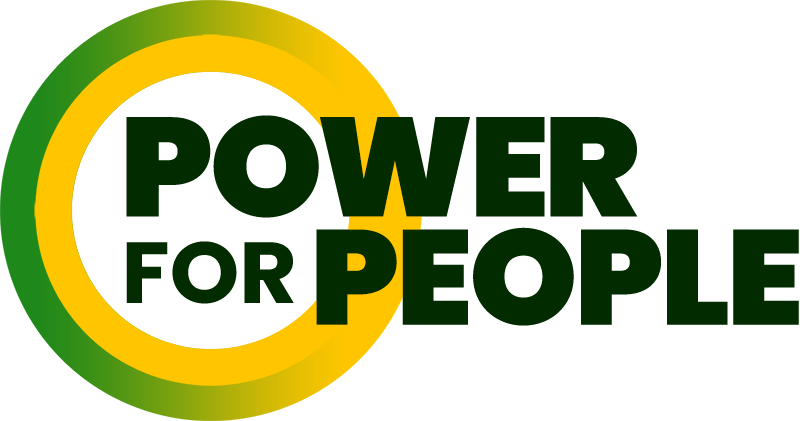The Community Energy Revolution: Our Campaign for the Local Electricity Bill
The Local Electricity Bill, if made law, will help stop climate change whilst at the same time benefiting local communities. It will mean more renewable energy generation is built and that local communities directly benefit from those local renewables. Power for People authored the Bill and we are building grass-roots support for it to be enacted.
The Problem
We are not meeting our climate change targets – the UK is way off track to meet the fourth and fifth carbon budgets of the Climate Change Act – and we have a national epidemic of fuel poverty – 4.5 million UK households are fuel poor and because of this over 100,000 people are likely to die needlessly before 2030. Community renewable energy has huge potential to help solve both these problems at once, but it is blocked from doing so. If you want to buy your electricity from local renewable sources, like the local school and the church that have solar panels on their roofs, you cannot. We all buy our electricity from a utility company that sources it from anything connected to the National Grid, be it a field of solar panels in Wiltshire or a gas fired power station in Yorkshire.Putting it the other way around – a community with local renewable generation, e.g. housing estates with solar panels or a hydro plant in the local river – cannot sell the energy they generate to local people, but must sell it to a utility who sell it on to customers. This is happening because the highly complex grid balancing codes and network agreements that a new energy supplier must grapple with are controlled by the largest six utilities and this means the set-up costs of becoming a new energy suppliers are millions of pounds. Running costs are also enormous because regulations require energy supply companies to contribute to the national and regional grid networks.
The Solution
The costs and complexity of being able to sell locally generated energy to local people needs to be made proportionate to the size of the local energy co-operative’s or business’s operation. It would then be financially viable for current and potential renewable generators to set up as local co-operatives or companies selling their energy to local peopleThe Local Electricity Bill lays out a mechanism that will do this. If enacted by Parliament, it would give generators of electricity the right to become local suppliers, i.e. sell their energy to local people. It gives the task of setting up this right to OFGEM, the energy market regulator. Critically, it requires that OFGEM ensures that this right means that local suppliers face set-up and running costs and complexity proportionate to the scale of their operation. The Bill also requires that OFGEM engage the right experts and stakeholders in the formulation of the new process.Some have suggested the Bill could be improved by adding certain new clauses, for example a detailed requirement on OFGEM to involve with certain groups, or a requirement that only not-for-profit companies along with co-operatives could become local energy suppliers. There will be opportunities for redrafting and we are actively seeking input from community groups, experts and academics on how that could be done.
The Benefits
If the Bill became law it would give a huge boost to the deployment of renewable energy generation. Local energy co-operatives and would spring up across the country, communities would benefit from the revenue, prices would be cheaper and local economies would be more resilient as local skilled jobs were created. New local energy co-operatives and community run energy businesses could help people in fuel poverty and run local energy efficiency projects.There would be greater acceptance of the transition to sustainable energy and greater choice of suppliers. Air quality would improve and energy supply would be more secure. This is in stark contrast to the current centralised situation that is dominated by six big utilities, fossil fuels and detached customers.The six large utilities would, in time, cease to dominate the market. This has been shown in places like Germany where there are over 1,000 local co-operatives and companies selling energy, most of them to people local to where the energy is generated. Germany has four large utilities that control 40% of the market whilst the UK has six that control 85% of the market.
Current Support
The Bill is currently supported by a cross-party group of 108 MPs: 42 Conservatives, 36 Labour, 16 Scottish National Party, 8 Liberal Democrats, 2 Plaid Cyrmu, 2 Independents and 1 Green. This is promising progress, given that our initiative started less than a year ago. Power for People are building a grass-roots movement across the country in support of the Bill. We will mobilise this movement to call on MPs and the government to enact the Bill. We are also building a supportive coalition of national organisations that currently consists of: 10:10 Climate Action, Community Energy Wales, Forum for the Future, Friends of the Earth, Green Christian, Greenpeace, New Economics Foundation, ResPublica, Solar Trade Association, Transition Network and WWF.

